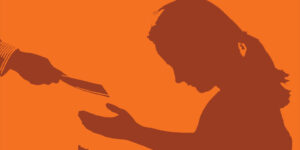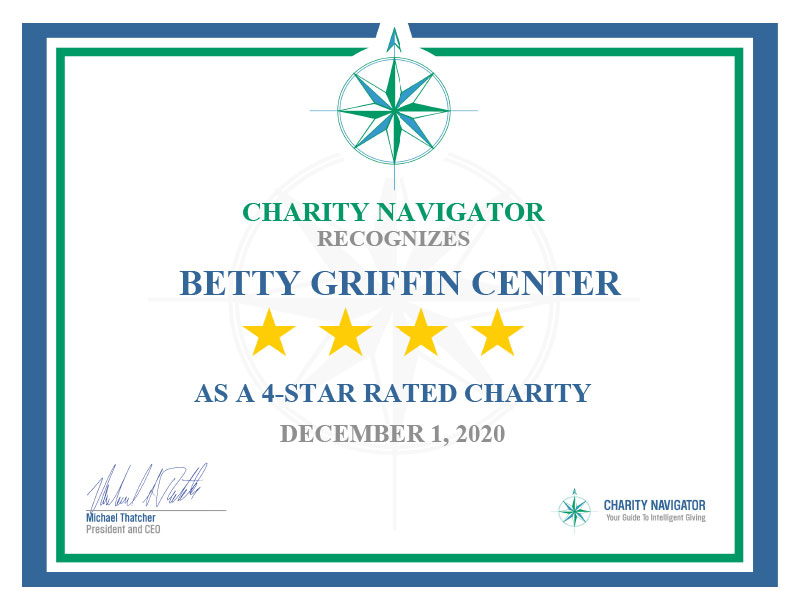Financial abuse, also known as economic abuse, is one of the barriers that prevents victims from gaining freedom and independence. Survivors of abusive relationships consistently say that concerns over their ability to provide for themselves and/or their children financially was among the top reasons they remained in a battering relationship.
In the cycle of financial/economic abuse, abusers take charge of the victim’s finances to gain control over their life.
In addition, they often attempt to sabotage the victim’s credit score in several ways, including:
- Forcing the partner to open a new account in their name, and then creating large debt in the account
- Overcharging credit cards
- Denying access to their own savings accounts and/or combined savings accounts
By lowering the victim’s credit score, it affects that person’s ability to rent an apartment, obtain a new credit card with low APR, buy a car, or even get a job.
Being financially educated can help provide stability for the victim during and after the relationship.
Obtaining financial literacy can help people find ways of improving their credit score, save more, and achieve financial comfort.





